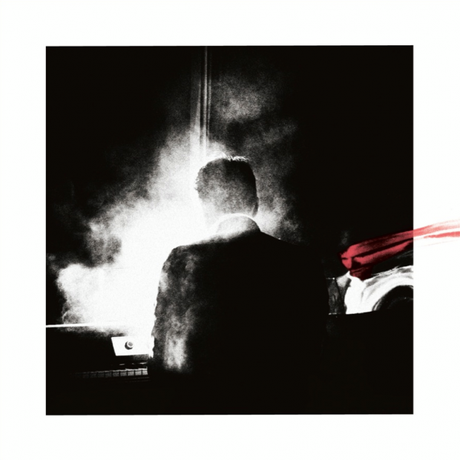

 Porcelain Raft – The Way Out
SoundCloud
Porcelain Raft – The Way Out
SoundCloud
Before he released his first full-length album last year, Mauro Remiddi, the man behind the helm of Porcelain Raft, made eager fans wait for what seemed like a torturous amount of time. Whether releasing material on cassette tape or drip feeding tidbits online, the window between his first emergence and his debut LP was vast to say the least. On one hand, I’m pleased that his follow up hasn’t taken anywhere near as long to surface. After coming to terms with the sense of disappointment that accompanies his sophomore record, though, I can’t help but wish he had taken a bit more time with this one.
Before I elaborate further, I want to say that Permanent Signal isn’t a bad record by any stretch of the imagination. It’s a different record than its predecessor, and for that I respect Remiddi, as I do any artist who tries to build upon what they’ve put together previously. As we all know, however, change isn’t always a good thing.
Permanent Signal sees the multi-instrumentalist move away from the field of minimal soundscaping and ambient textures in favor of something bigger. The album is primarily powered by two separate batteries — the first is a darker, slightly edgier, glitch-riddled and effectively warped source of sound, and the other offers a more upbeat, energized, cleaner and accessible strain of indie-oriented pop music (the kind which stretches its arms out as wide as possible hoping to embrace everyone it encounters). You know the cliches…bigger is better, size matters — in some cases, these can have the weight of truth hanging from them. In the case of Porcelain Raft’s sophomore effort, though, they really don’t apply.
What worked so well in the past, and what really put Remiddi firmly on my radar, were his intricacies, little nuances and particles of change which floated effortlessly through his compositions. From these little seeds, he could harvest a number of emotions and form waves of atmospheric resonance. Although he hasn’t quite eradicated that from this record, it’s significantly overshadowed by more puffed-out, generic song crafting. The mixing of those two distinct tones and stylistic directions doesn’t help matters either. I’m sure there’s an effective way to thread both fabrics closer and make them work more harmoniously, but it never really happens on this record. There are some pretty good, verging on potentially great, moments that each camp provides individually, but there’s never a stand-out moment where the two points meet and symbiotic magic occurs.
It might be a step back or even perhaps a step too far and wide, but despite the shadowy bruise of disappointment it delivers, Permanent Signal can’t be written off as a sophomore slump. It does have a number of good spots dotted across its 40-minute run time, and a good chunk of it’s decent. That being said, when you’ve already shown you can dazzle with spectacular, decent can be a pretty desolate place to pick yourself up from.

